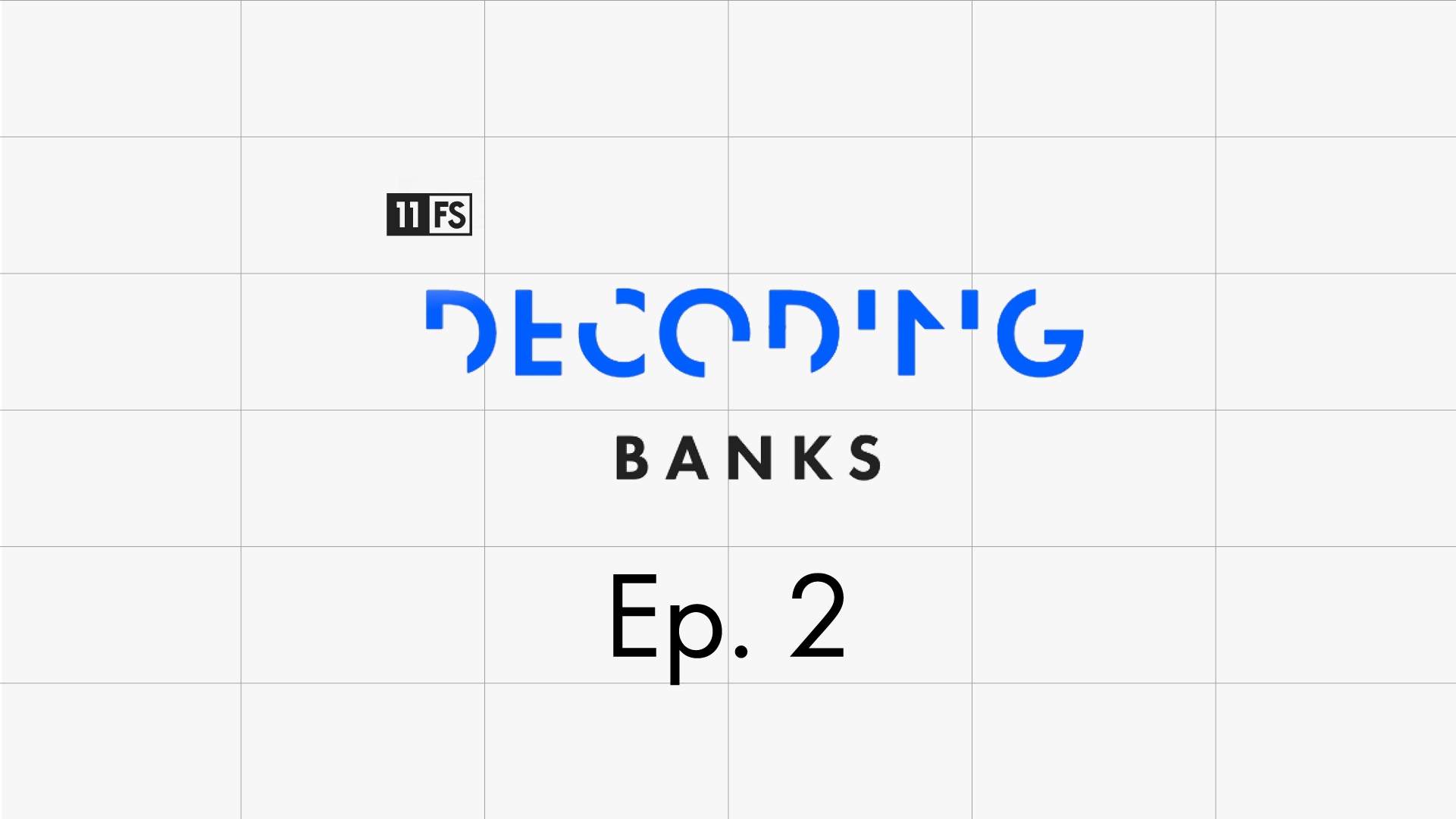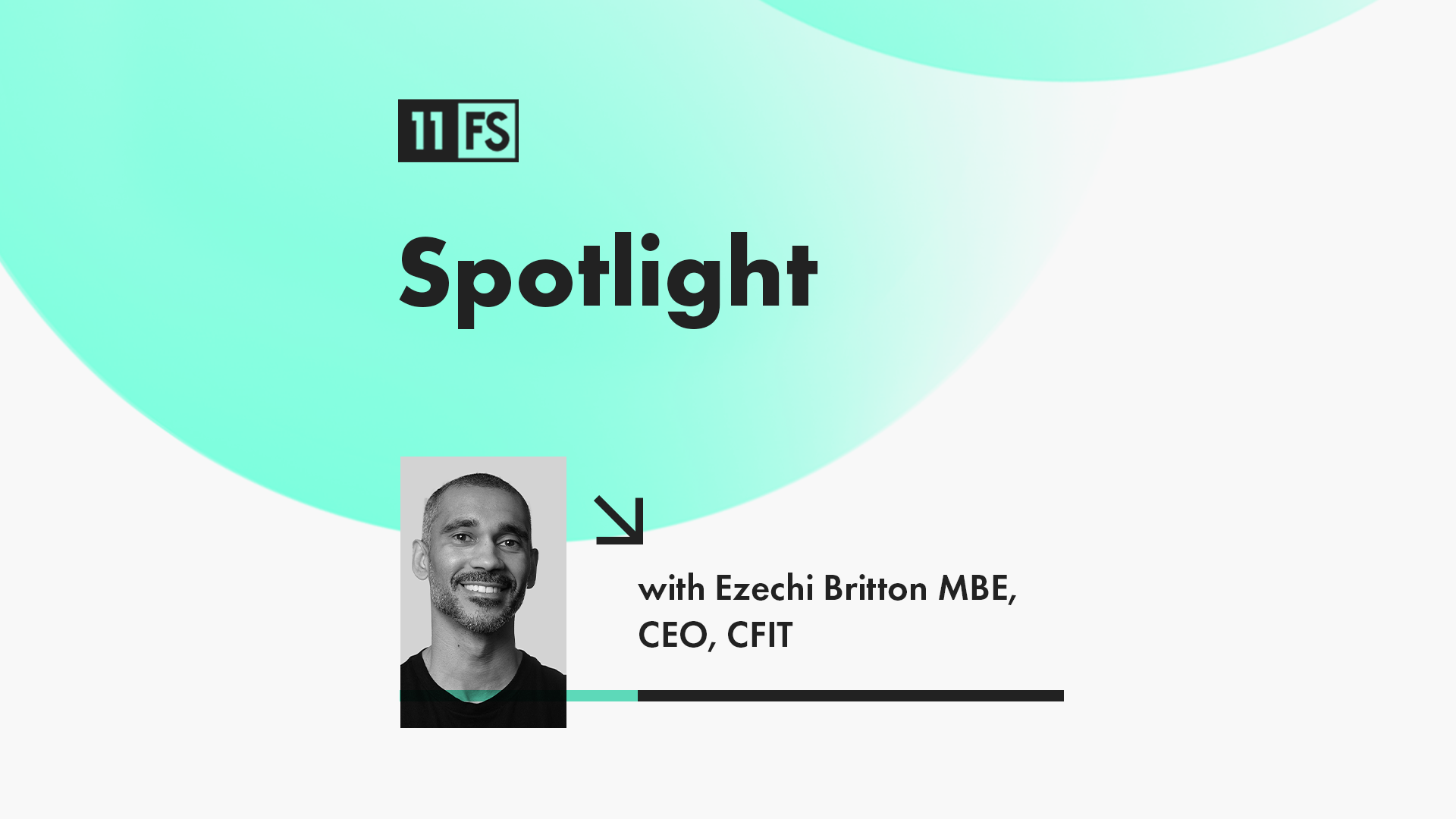
How are banks and fintechs planning for a digital future.

Why the future of fintech depends on empowering SMBs
While consumer-focused fintech has seen waves of innovation since the early 2000s, the small and medium-sized business (SMB) sector has remained comparatively underserved.

Agentic AI is reshaping financial services
Unlocking agentic AI’s upside demands rethinking how humans and systems share control, rebuilding data and API foundations, and scaling autonomy in measured steps with rigorous human-style QA

How digital payouts offer a competitive edge to insurers
In the highly competitive insurance sector, customer experience is a critical differentiator. While insurers focus on policy features and premiums, the claims payout process is often overlooked, creating a significant point of friction.

I’ve incentivised innovation, why isn't my team innovating?
At one of our Truly Digital After Dark events, Anne Boden said “if you call yourself digital, you’re not digital”.

5 fintechs to watch in Asia
The fintech scene in Asia is booming. In recent years, the region has developed rapidly, with a diverse array of startups and established banks transforming how financial services are delivered and consumed.

How internal adoption fuels successful embedded finance solutions
Payments in the Middle East are evolving. The payments landscape in the Middle East has stood at an important tipping point for some time.

We won Consultancy of the Year 2025!
The U.S. Treasury and the Office of the Comptroller of the Currency (OCC) both hit the headlines with fintech-related announcements. Treasury released a 222-page report on the subject of Nonbank Financials, Fintech, and Innovation, while the OCC almost immediately followed with the news that it would finally begin accepting National Bank Charter applications from fintechs, in line with Treasury recommendations.

Execution is everything: Why speed x quality wins the day
How do I create the 5 year plan for 8 software releases a day? This is one of my favourite lines from an old school bank executive. It happened live on stage in front of 500 people when I made the point that challenger banks are now operating at 8 releases per day. It might seem nerdy, but why does it matter how often banks release new software?

How building societies can own the homebuying space
Looking to crypto and seeing it simply as a speculative asset class is a common mistake for financial institutions and even regulators. But if you start to look beyond the headlines, you can see there’s untapped potential for banks to better serve the SMB market.

Subscription trends to watch in 2025
The FCA have just published their feedback to the Call For Input (CFI) on open finance. Over 160 organisations responded to the call, the results of which are being watched by financial bodies, regulators and companies the world over.
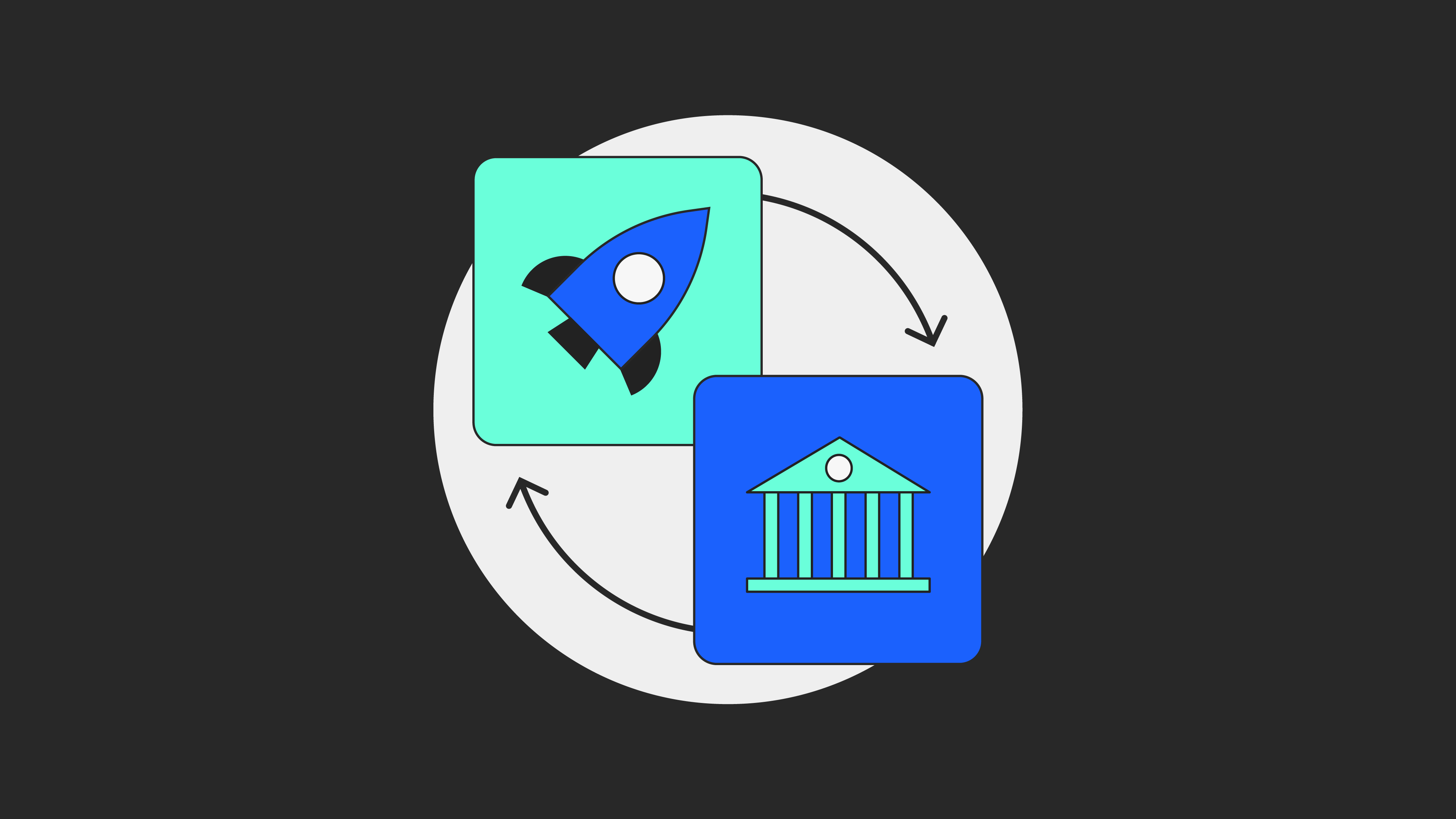
Are you selling or partnering with banks?
The fintech ecosystem is currently going through an exciting phase. Startups that were once considered young and immature like Monzo, Revolut, or Airwallex have grown into established financial companies. At the same time, incumbent banks are getting better at engaging and investing in fintech. The two worlds are converging and sparking new opportunities for partnerships.

Your community has to be at the heart of everything you do
I don’t know if I think about the Roman Empire every day, but awards submissions? I can’t seem to escape them.

Where's the retail banking revolution?
We were promised that fintech disruptors were going to revolutionise banking and sweep away the legacy players forever. So, what happened?
.jpg)
1037
1037. Insights: Shaping safe AI innovation - Live from the FCA’s Supercharged Sandbox Showcase
In this special live edition of Fintech Insider Insights, recorded at the FCA’s Supercharged Sandbox Showcase, David M. Brear is joined by leaders from the regulator, industry and the technology ecosystem to unpack the UK’s first AI-focused regulatory sandbox.
.jpg)
1033
1033: Insights: How modern finance teams can win the next 10 years
On this week’s episode, in partnership with Pleo, host Benjamin Ensor is joined by Jeppe Rindom, Co-Founder and CEO of Pleo; Søren Westh Lonning, CFO at Pleo; and Megan Cooper, CEO of Caywood, to explore how the role of finance has evolved over the past decade - and what it will take for finance teams to win the next 10 years.
.jpg)
1031
1031: Insights: How OpenAI is changing the future of financial services
On this week’s episode, host David Barton-Grimley is joined by Matt Weaver, Head of Solutions for EMEA at OpenAI, to explore the impact OpenAI is having on the financial services industry - and the meaningful collaborations taking place between the sector and the AI innovation giant.

1029
1029. Insights: How AI is reshaping consumer-focused banking
On this week's episode, David M. Brear is joined by some great guests to tack a question on every bank and fintech leader’s mind: is AI redefining consumer-focused banking in 2026?
.jpg)
1020
1020: Insights: How ready are you for stablecoin regulation?
With the US GENIUS Act reshaping digital-asset oversight, the EU’s MiCA rules setting a unified standard, and the UK opening the door for stablecoins as an official form of payment, one thing is clear: stablecoins are going mainstream, fast.
.jpg)
1018
1018: Insights: What it's actually like to build a fintech in the Middle East
In this special episode David M. Brear digs into what it really takes to succeed as a fintech startup in the Middle East alongside some special guests.
.jpg)
1017
1017: News -After Dark: Long live the high street bank! Revolut checks in with Booking.com, and Visa trials stablecoin payouts
Our expert host, David M. Brear, and co-host, Kate Moody, present Fintech Insider News live from Village Underground in London, joined by some fantastic guests to discuss the biggest fintech and financial services stories of the week.

How does banking regulation work? - Decoding: Banks
Regulation is essential. It stops banks from going bust or behaving badly.

How does lending work? - Decoding: Banks
Lending has been around for thousands of years and is one of the cornerstones of banking.
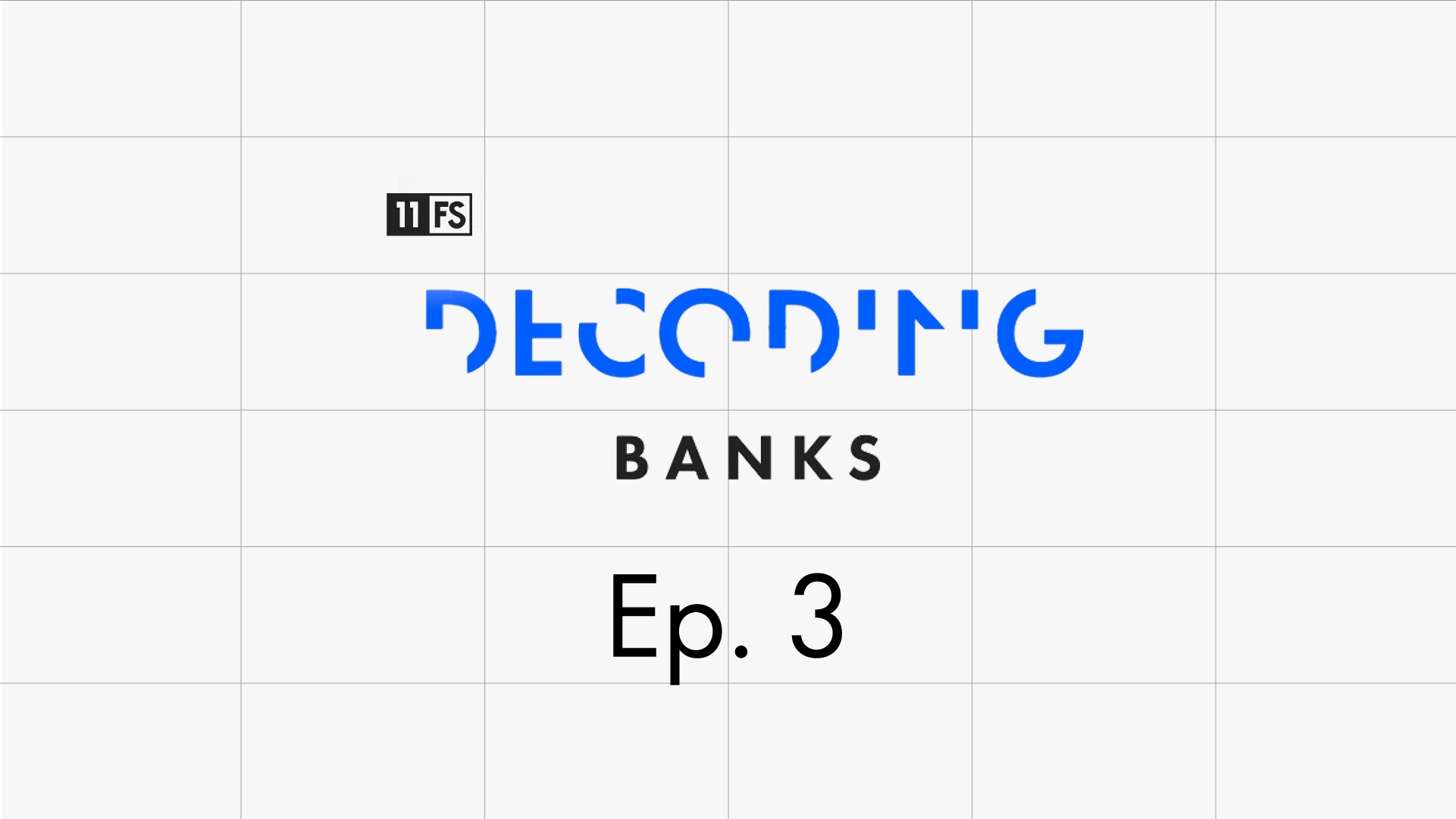
How do card networks operate? - Decoding: Banks
Mastercard and Visa are the two biggest credit card networks in the world.
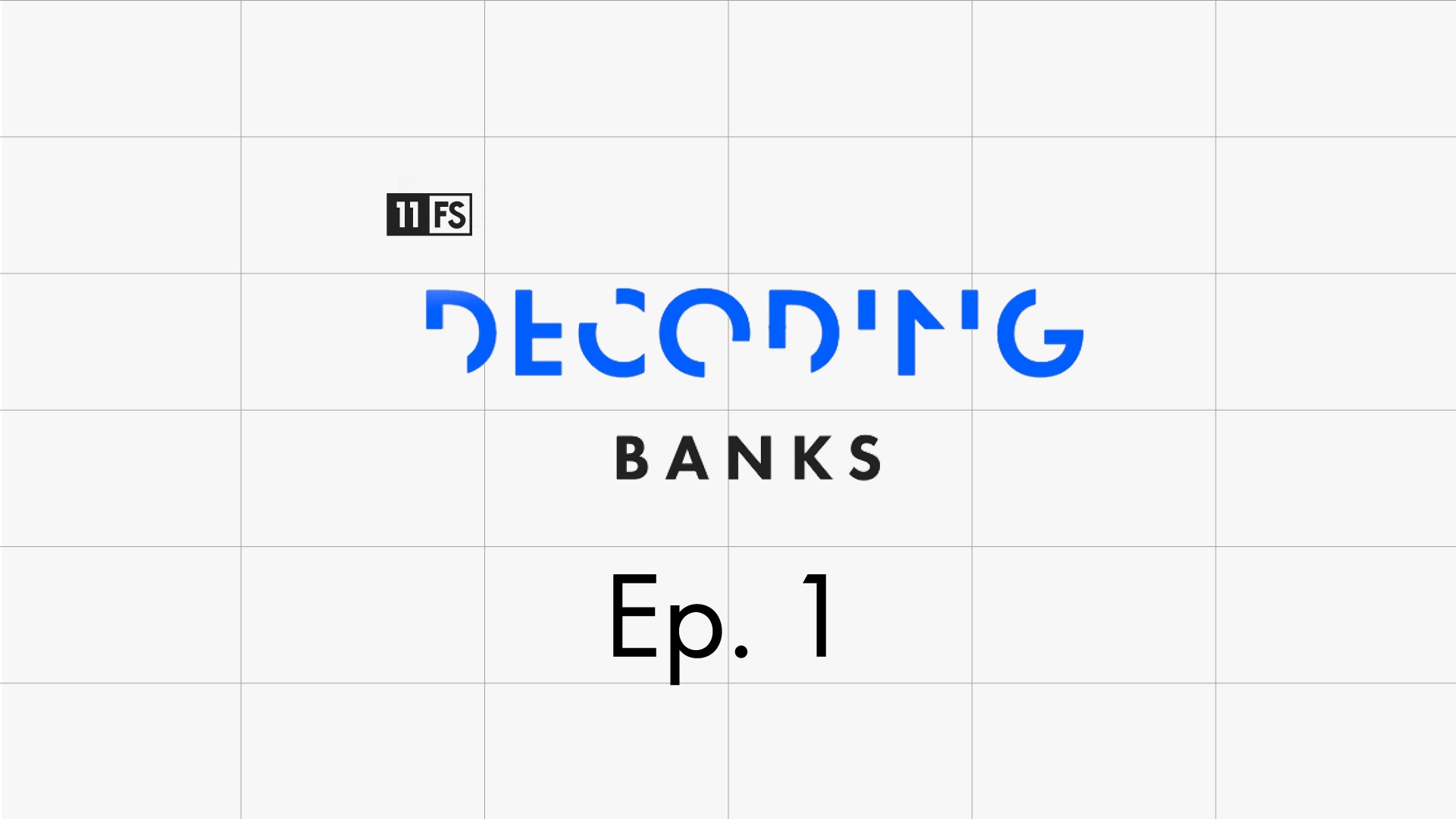
How has the banking battlefield evolved? - Decoding: Banks
We kick off our Decoding: Banks series with a look at the banking landscape today and how we got here.

11:FS Explores: Legacy banking systems ft. David M. Brear
David M. Brear, our 11:FS CEO, takes us through legacy technology within banks - but of course, with a really cool Lightboard.

Why Homebuying is broken and how to fix it | 11:FS Explores
There are one billion people globally who can't prove their identity. That's a big problem for accessing financial services.

What Griffin are going to do now they have their banking licence with CCO Adam Moulson | Spotlight
Inclusive design is a mindset and a process that suggests that you should bring as many people as possible - and the most diverse of voices that you can - into your product design product process, so that you're being truly inclusive. It's designing with people rather that just at them. Charlotte Fereday, Product Director, Ventures, explains what inclusive design is, why it's important, how you can design more inclusively, and answers - how possible is truly inclusive design?
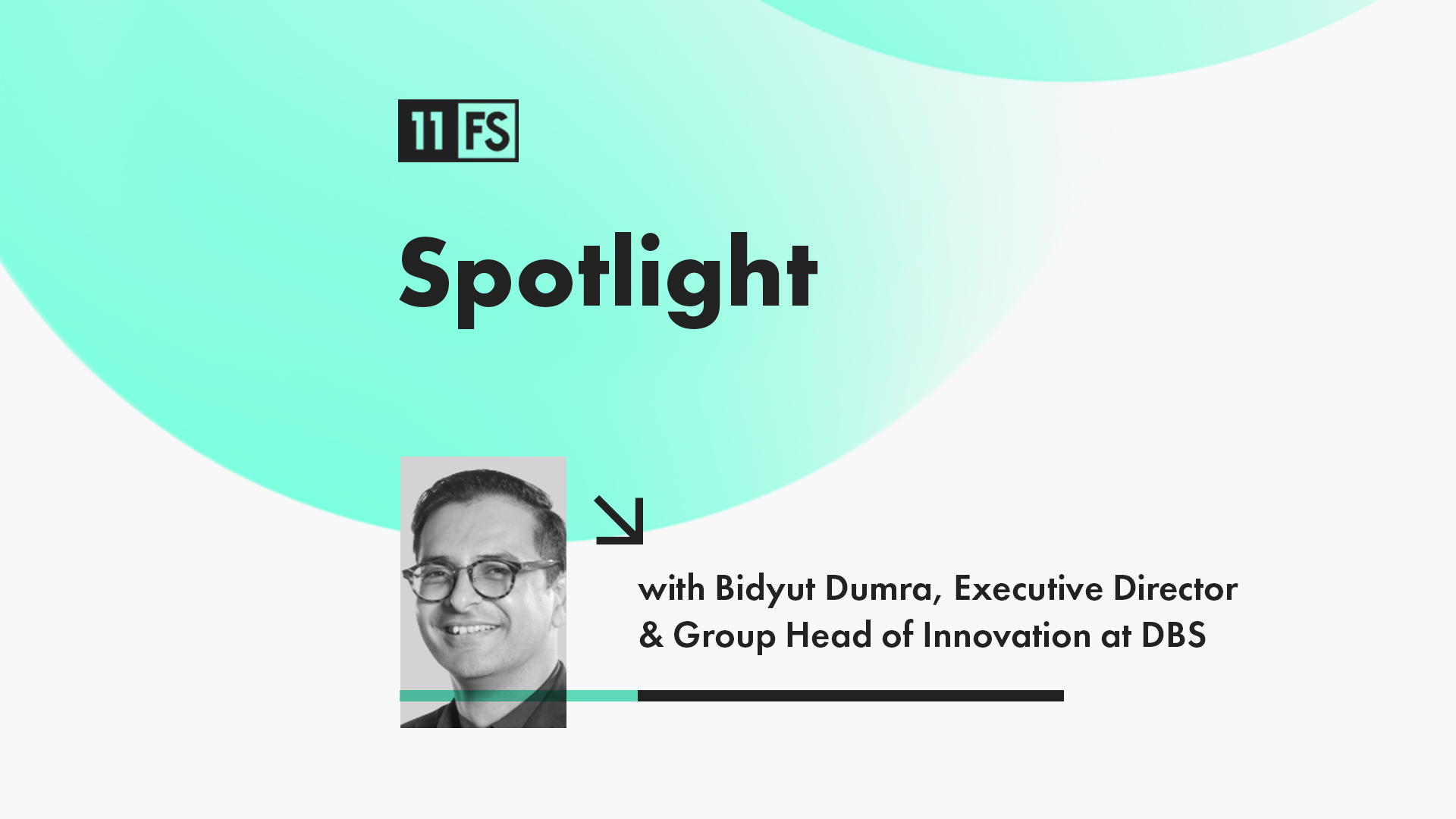
Unleashing creativity! A case study on sparking innovation with Bidyut Dumra from DBS | Spotlight
On this episode of Spotlight, 11:FS Crypto Global Strategy Director, Mauricio Magaldi is joined by Ramp Network Co-Founder and CEO, Szymon Sypniewicz. In today's chat, the pair discuss Szymon's career, the current regulatory landscape in crypto, and what the future might hold when it comes to widespread crypto adoption.

960
Insights: The future of Revolut with UKCEO Francesca Carlesi
The UK banking battlefield has never been more competitive. Customers expectfinancial apps that are personalised, seamless, and that genuinely make a differenc...

960
Insights: The future of Revolut with UKCEO Francesca Carlesi

960
Insights: The future of Revolut with UKCEO Francesca Carlesi
The UK banking battlefield has never been more competitive. Customers expectfinancial apps that are personalised, seamless, and that genuinely make a differenc...

960
Insights: The future of Revolut with UKCEO Francesca Carlesi

960

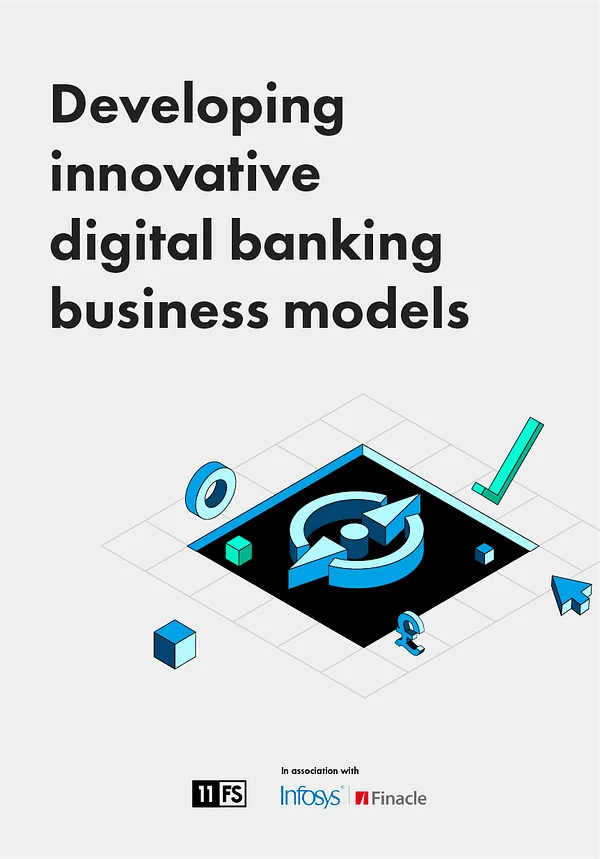


.svg)
.svg)

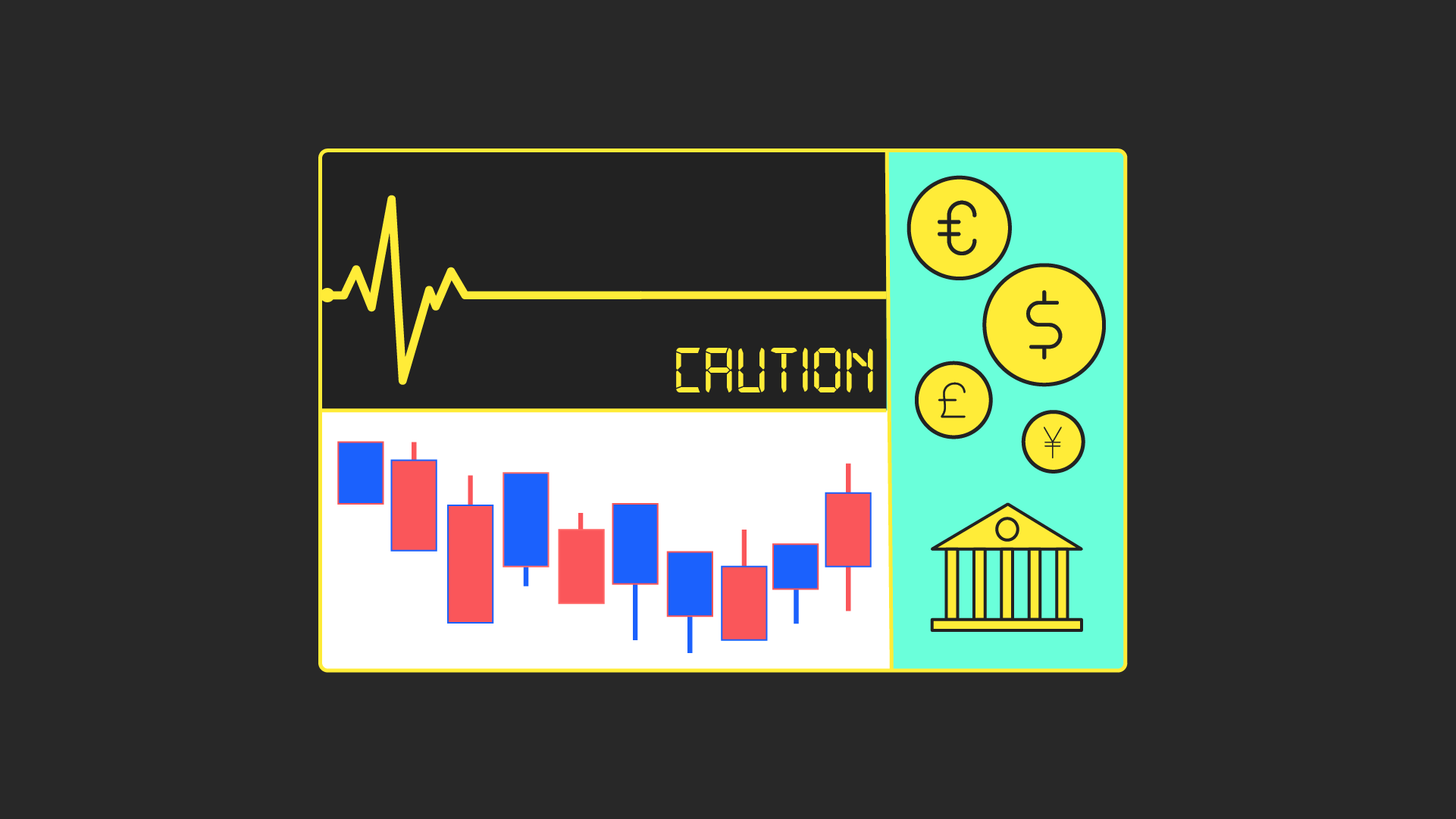
.jpg)
.jpg)
.jpg)
.jpg)






